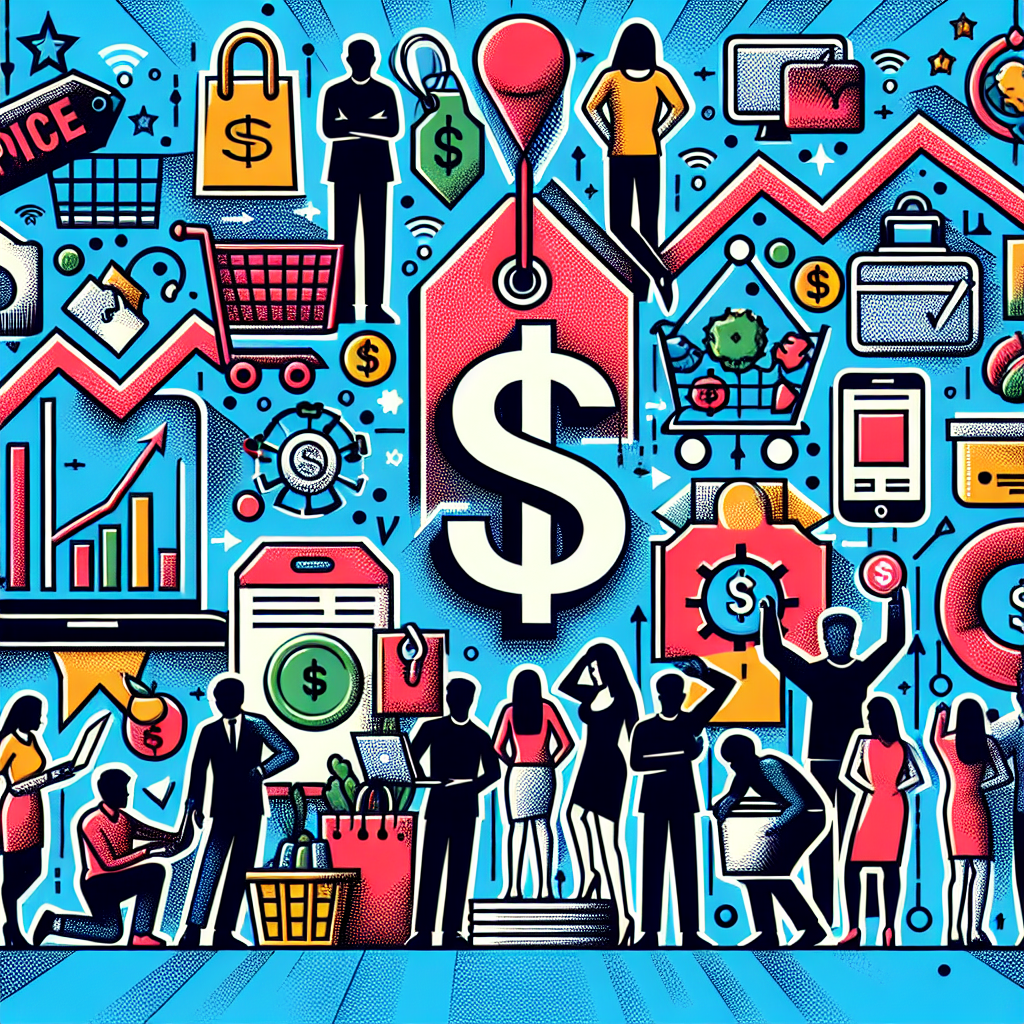Inflation Trends Amidst Tariff Tensions
U.S. consumer prices rose less than expected in May, influenced by cheaper gasoline but restrained by mounting import tariffs. While the Federal Reserve is likely to maintain current interest rates, underlying price pressures remain. Businesses face an uncertain demand environment, which could evolve in the coming months.

Consumer prices in the United States saw a modest increase in May, mitigated by lower gasoline costs. However, looming import tariffs from the Trump administration are expected to drive inflation higher in the months to come, according to a Labor Department report.
While Walmart announced price hikes, the Federal Reserve is expected to maintain interest rates as the U.S. economy grapples with tariff-related price increases. Economists predict businesses will incrementally adjust prices to avoid consumer backlash, despite Trump's urging for companies like Walmart to absorb the tariffs.
Though the Consumer Price Index rose only 0.1% last month, concerns are mounting over the potential inflation surge due to tariffs. Meanwhile, the Bureau of Labor Statistics faces staffing challenges, but reassures data quality standards remain rigorous.
(With inputs from agencies.)
ALSO READ
Trump's Anticipation: New Federal Reserve Chair Announcement Imminent
Global Markets React to Economic Signals as Federal Reserve Projections Shift
Federal Reserve's Key Decisions: Balancing Inflation and Employment
Scott Bessent in the Running for Federal Reserve Chair
Delhi University's Economists Join PM's Revamped Economic Advisory Council










